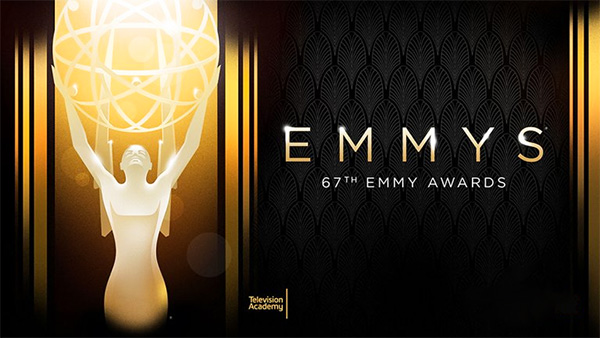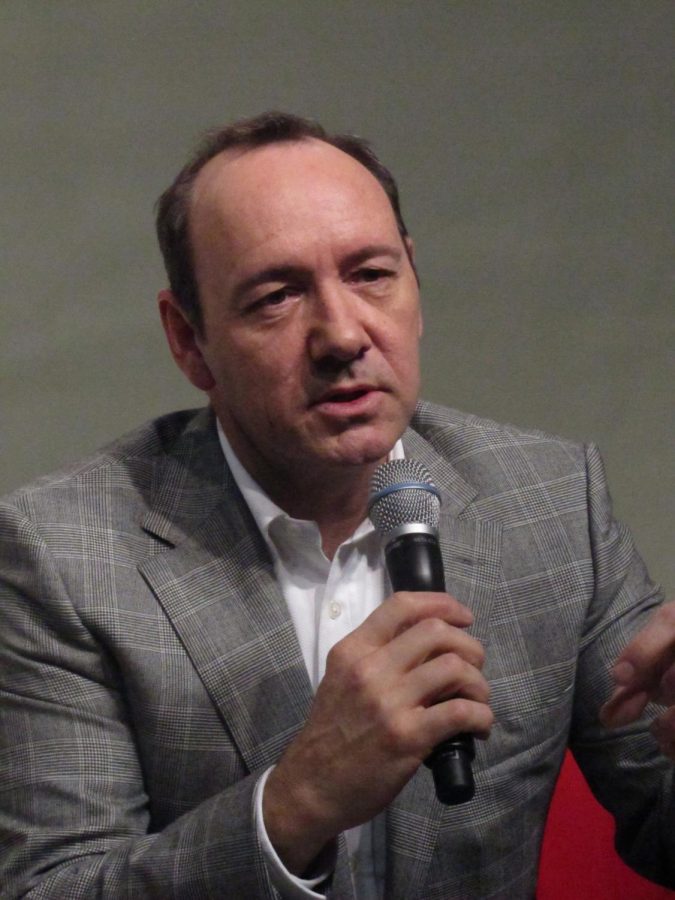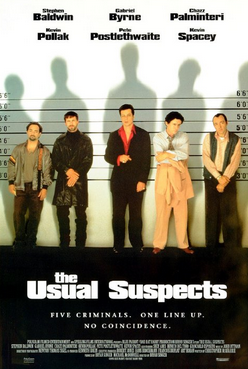In United States politics today, people often say they are tired of sly politicians’ maneuvers. If that’s really the case, you should steer clear of “House of Cards,” Netflix’s first original series.
“House of Cards” is a remake of the ’90s BBC mini-series of the same name and follows the political scheming of Francis Underwood, a Democratic congressman from South Carolina and current House majority whip. Underwood, played by Kevin Spacey, is passed over for Secretary of State, a position promised to him by the President-elect. The show follows Underwood and his attempts to bring down those who, in his eyes, did him wrong, while simultaneously grabbing power.
David Fincher, known for his smart, grim thrillers (“Se7en,” the American remake of “The Girl with the Dragon Tattoo”), directed the first two episodes and serves as an executive producer for the series. “House of Cards” is classic Fincher, featuring biting, vindictive and slick drama that makes for a DC political environment we hope isn’t true.
Spacey is clearly the star of this political thriller. His smooth-but-devious Southern drawl is so believable, I needed to look up where Spacey hails from to see if it was natural or if the Oscar winner is that good an actor. He is exactly the type of Machiavellian anti-hero viewers hate to love, and I found myself cheering for him while executing his political exploits to take down his rivals and climb the Washington ladder.
Robin Wright is just as conniving as his wife Claire, the head of a DC non-profit that focuses on providing clean water to disadvantaged parts of the world. Claire has her own agenda, as Underwood’s political scheming would greatly benefit the non-profit group, though her goals are not expressly stated in the early episodes. I am intrigued to see what she has up her sleeves because I loved her about as much as I loved Spacey.
The best moments of the show involve Underwood breaking the fourth wall, a style element of the show borrowed from the original mini-series. He often gives soliloquies, either about what the audience just witnessed, what they are about to witness or about the state of politics in the show. Whatever he is discussing, I found these asides to be clever and fascinating, as well as an outlet for Spacey to truly shine as an actor. Though these soliloquies happen with some degree of frequency, they never become tiresome and add spark to already captivating scenes.
“House of Cards” is Netflix’s first attempt at original programming and they certainly know what they are doing. The Internet media streaming company released all 13 episodes of the first season at once, an ingenious and innovative concept for television shows. This allows viewers to spread out watching the season like traditional television viewer, or devour the entire season in one sitting as I have. If Netflix’s first original series is this good, I am eager to see what they come up with next.
I have yet to view the original BBC series, but judging by my devouring of the first eight episodes in one sitting, I may just have to take a trip across the pond to view just how seedy their political underbelly can be.








